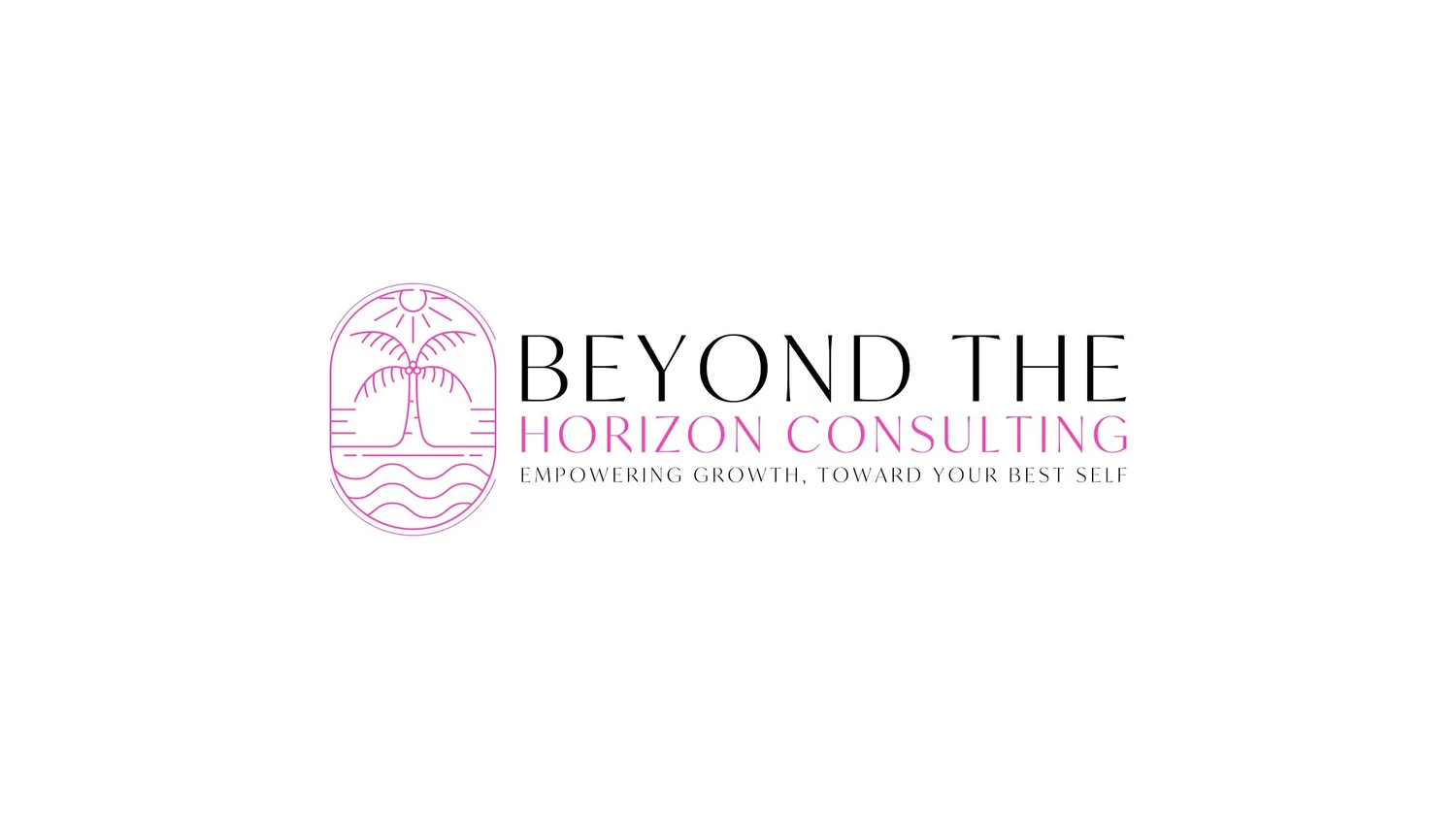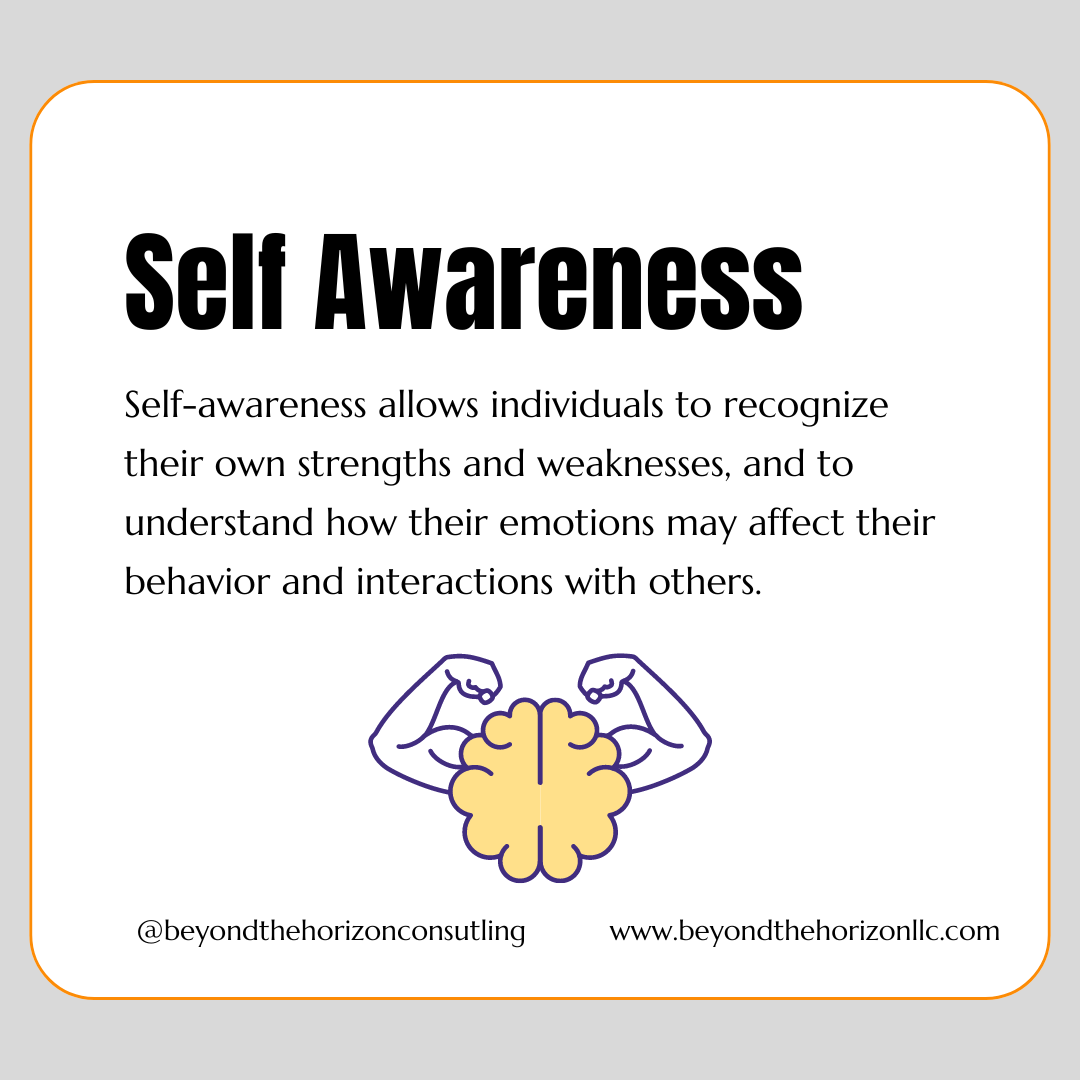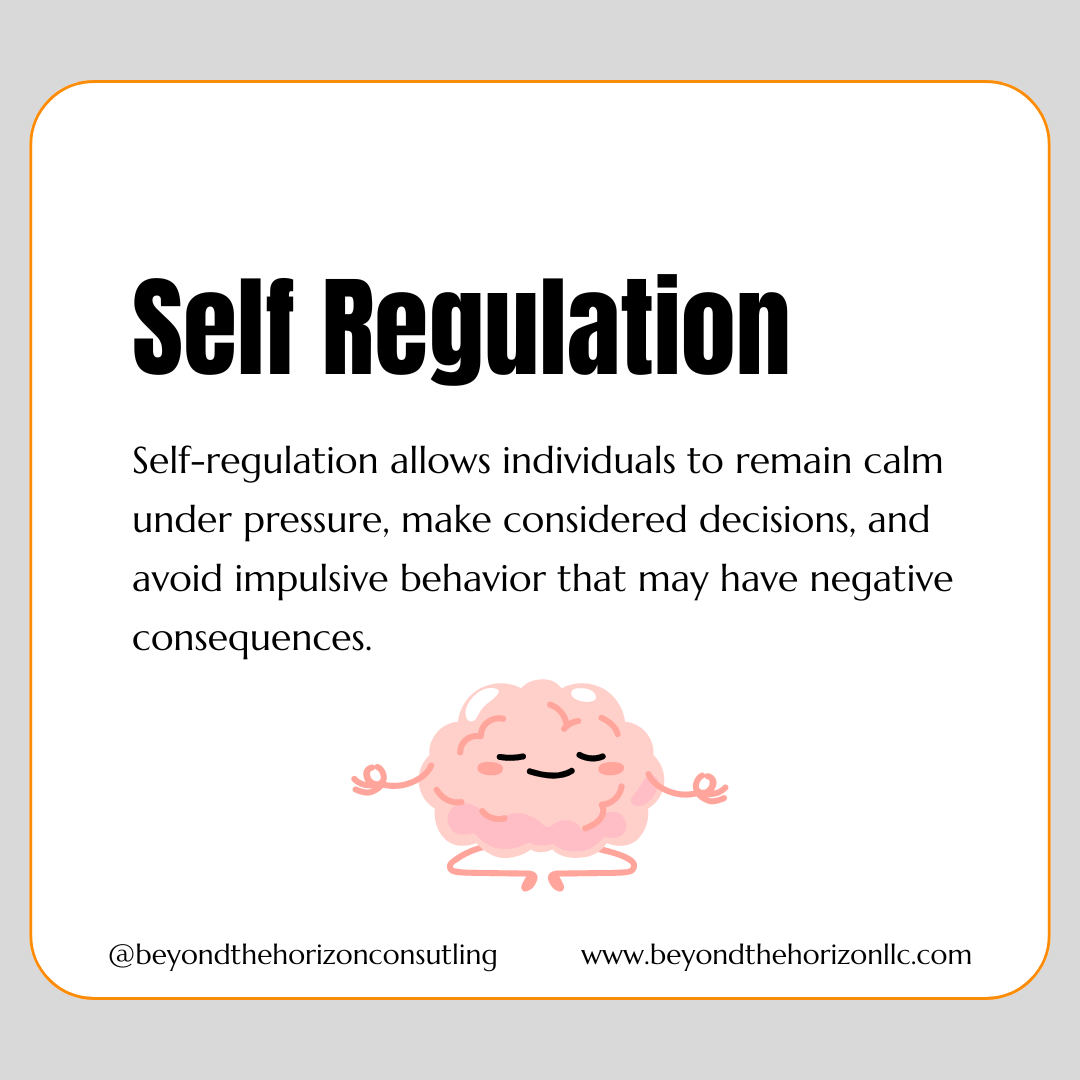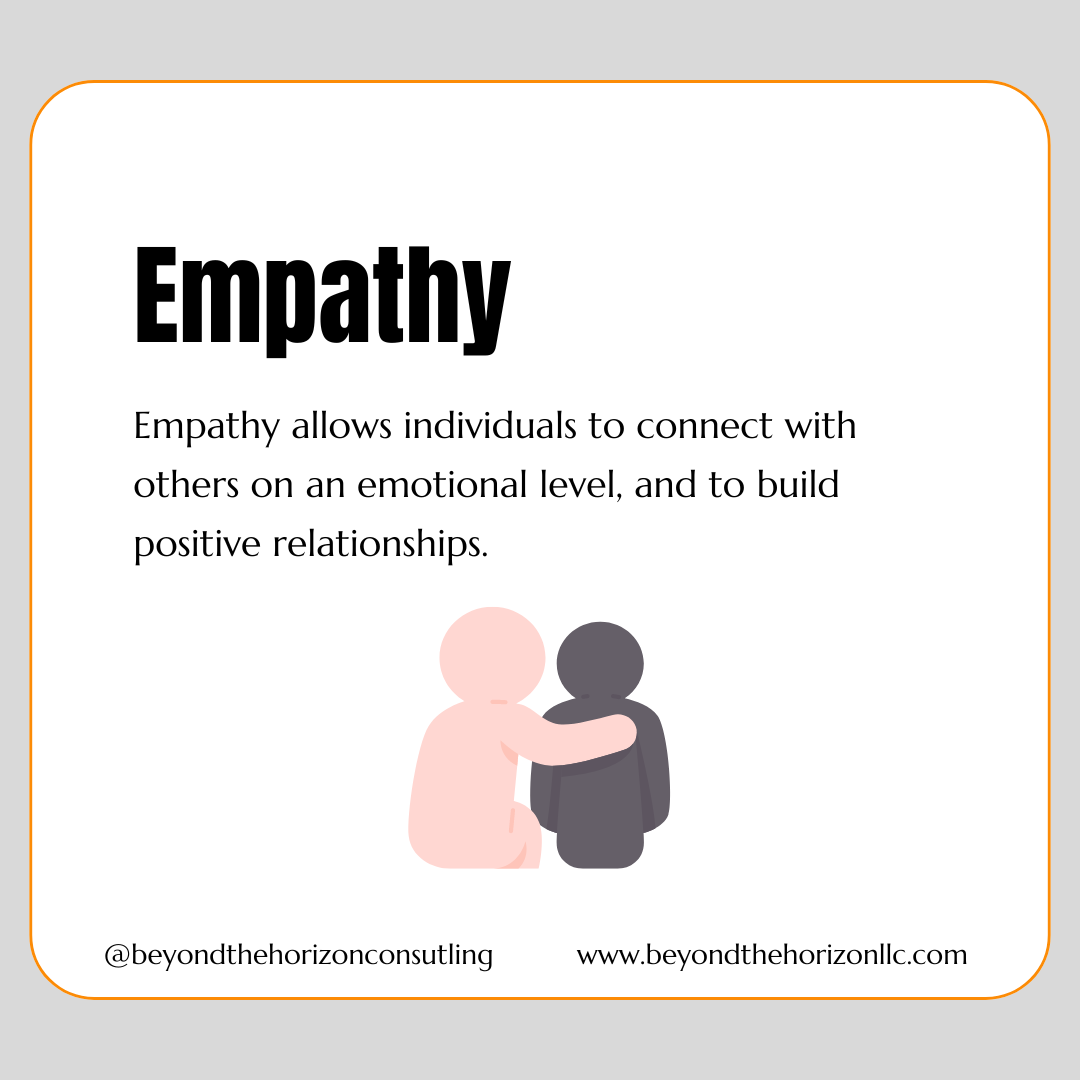Emotional Intelligence Starts with Us: The Adult, the Parent, the Human
Being emotionally intelligent (EI), kind, and empathetic doesn’t make you a sissy or weak. 💪 On the contrary, people with high EI are some of the strongest people I know. They can control their emotions, aren’t afraid to cry (which is an amazing release), and are super in tune with other people’s needs. Just look at Oprah Winfrey, Barack Obama, and Brené Brown—successful, emotionally intelligent individuals who lead with strength and compassion.
Let’s talk about crying. I mean, who came up with the whole "don’t cry" thing? It’s not about crying for attention—please, don’t be that person who cries to manipulate. You’re not winning an Oscar here. It wasn’t cute when you were a toddler, and it’s definitely not cute now. 😅 But crying to release emotions? That’s healthy. Shoot, I cried during basic training, crawling through mud with barbed wire overhead and bullets (hopefully fake) flying above. Trust me, I wasn’t winning any awards for emotional stoicism back then, but it sure felt cathartic. 😂
Emotional suppression doesn’t make you a better leader. What does? Emotional intelligence. Being able to tune into your own emotions and those of others allows you to lead with empathy and understanding. There's an Army article on emotional intelligence written by a Sergeant Major (link here) that talks about this exact thing. Part of the NCO Creed states, “All Soldiers are entitled to outstanding leadership; I will provide that leadership.” That’s a perfect example of EI in action.
Self-Awareness
This is the ability to recognize how you’re feeling and why. It’s crazy how your mood can shape how you react to things. Instead of blaming someone else for how you feel, take a step back and ask yourself, “Why am I feeling this way?” Take accountability for your own emotions! 🙌 For example, traffic always made me angry (thanks, snowbirds 🦅). I’d arrive at work in a mood, which wasn’t great for anyone. So, I started listening to podcasts and audiobooks to calm down, and I’d give myself a two-minute “chill” session in the car before heading into work.
Self-Regulation
Once you’re self-aware, it’s time to regulate those emotions. Don’t fly off the handle at the slightest trigger. Instead, take a break—go for a walk, soak up some Vitamin D, meditate, pray, or scream into the void (just not in public, please). 🎶 I’ll go from Celine Dion to DMX in one second depending on the mood. But the key here is to remain calm, especially under pressure. Veterans, I see you—you’ve been doing this for years.
Motivation
When life throws challenges your way, my response is, “Challenge accepted!” 💪 Use your emotions as fuel to be a better version of yourself. It’s not about being petty or one-upping someone—it’s about personal growth. Motivate yourself to improve daily, not for anyone else but for YOU.
Empathy
Empathy is the ability to understand and feel what someone else is going through. This isn’t the time for unsolicited advice—zip it and listen instead. 🙊 Asking questions like, “What’s going on?” or “How are you feeling?” opens up a conversation and builds trust. Think like a child asking "why"—be curious! You may be the first person to truly listen to someone, and that’s powerful.
Social Skills
When you master the other EI components, your social skills level up too. Ever say, “Am I speaking a different language?” or “Why aren’t you listening to me?” Yeah, me too. But once you start regulating your emotions and being empathetic, communication becomes so much smoother. You’ll handle conflicts better, lead with compassion, and build stronger, positive relationships—at work and at home. 💬
Ready to Lead with Emotional Intelligence?
Emotional intelligence isn’t just about managing your own emotions—it’s about setting an example for those around you. Practice these steps, and watch how your relationships with your kids, your coworkers, and even yourself, start to transform. 🌟
Loved this post? Head over to Mindfulness for Beginners and Self-Care Tips for more tips on improving your emotional well-being. 💡
Want more support?
📖 Grab a copy of my book Get It Together (Without Losing Your Mind)—it’s full of stories and strategies to help you reclaim your time, energy, and purpose.
📬 And don’t miss the weekly Fuel Your Week newsletter, where I share real-life tools and coaching tips you won’t find on social media.
👉🏼 Buy the book - Subscribe to the Newsletter - or fuel me with some cafecito
Disclaimer:
I am not a doctor, psychologist, or licensed therapist. Everything I share is based on my personal experiences and should not be considered professional advice. For personalized guidance, always consult a licensed medical or mental health professional—yes, a real one, not "Dr. Google" or the comment section of social media.
If you're in crisis, please call 911 or reach out to the 988 Lifeline for immediate support. You're not alone, and real help is available.





